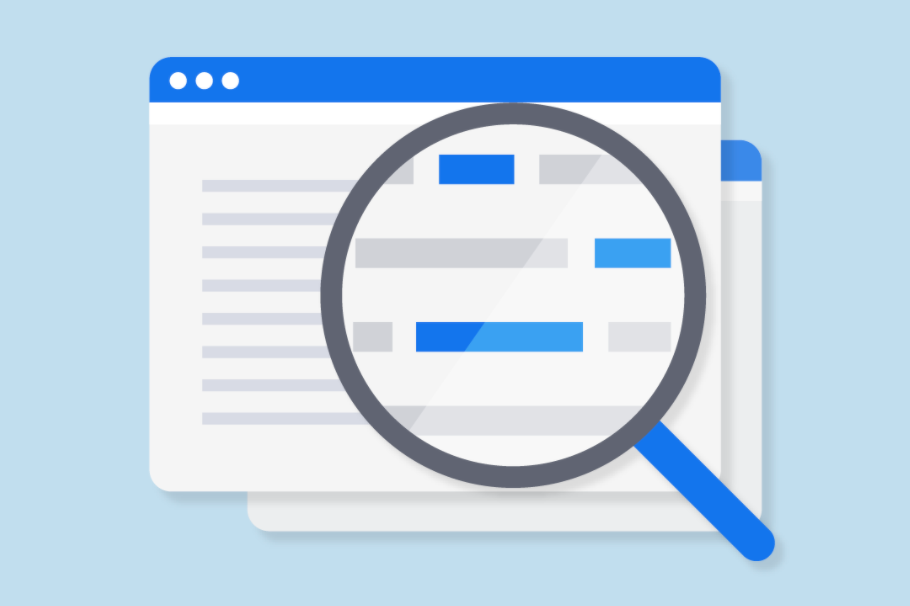Google plans to end Chrome’s support of third-party cookies by 2022. FLoC is one of the solutions proposed to replace third-party cookies.
First, the good news.
According to Google, FLoC can provide an effective replacement signal for third-party cookies. Their tests proved FLoC to be 95% as effective as third-party cookies in terms of conversions per dollar spent.
What does FLoC mean?
It’s an acronym for Federated Learning of Cohorts.
The idea is to improve privacy by letting advertisers target groups (or “FLoCs”) of users based on common interests, rather than using an identifier for each individual user.
In basic terms, here’s how this system works.
The innovation is to train a machine learning model without a centralized repository of data.
Indeed, the model is trained on your own phone:
Your device downloads the current model, improves it by learning from data on your phone (such as browsing history, content of the websites visited), and then summarizes the changes as a small focused update.
The data stays on your phone. Only this update to the model is sent to the cloud, using encrypted communication, where it is immediately averaged with other users’ updates to improve the shared model.
Then, to preserve anonymity, these model updates are clustered into large groups of people with similar interests.
But it gets more complicated than this.
The ultimate solution hasn’t been found yet, but it’s a start.
How do you retarget an anonymous user?
The solution proposed by Google is TURTLEDOVE.
It stands for “Two Uncorrelated Requests, Then Locally-Executed Decision On Victory.”
The core innovation is to store the data that builds the retargeting lists in the user’s browser or with an independent third-party. And not on the ad network.
It’s not as easy as it sounds (and that might not have sounded easy, anyway).
Google’s engineers are working hard to find a solution for a post-cookies world.
FloC -> Topics API
As of January 26, 2022, Google FloC was replaced by a new proposal called Topics API.
How Topics API will work
Based on your browsing history over the last three weeks, Chrome will determine what topics you’re interested in.
Then, when you visit another website, Chrome will share 3 topics with that website and its advertising partners, one from each of the previous 3 weeks.
The goal is pretty straightforward: receive more relevant ads.
The privacy part
Chrome will determine the topics you’re interested in locally, on your browser, and will not share that information with Google outside of your browser.
Topics older than three weeks will be deleted, and you will be able to ‘exclude’ a topic that you do not want to share.
Topics based on sensitive categories, such as gender and race, will be automatically excluded as well.
Coming soon to a (Chromium) browser near you
Google will soon launch a trial of the Topics API for website developers and the advertising industry to test.
This will be available on Chromium.
If you want to be one of them, your best bet is to keep an eye on this GitHub repository.


